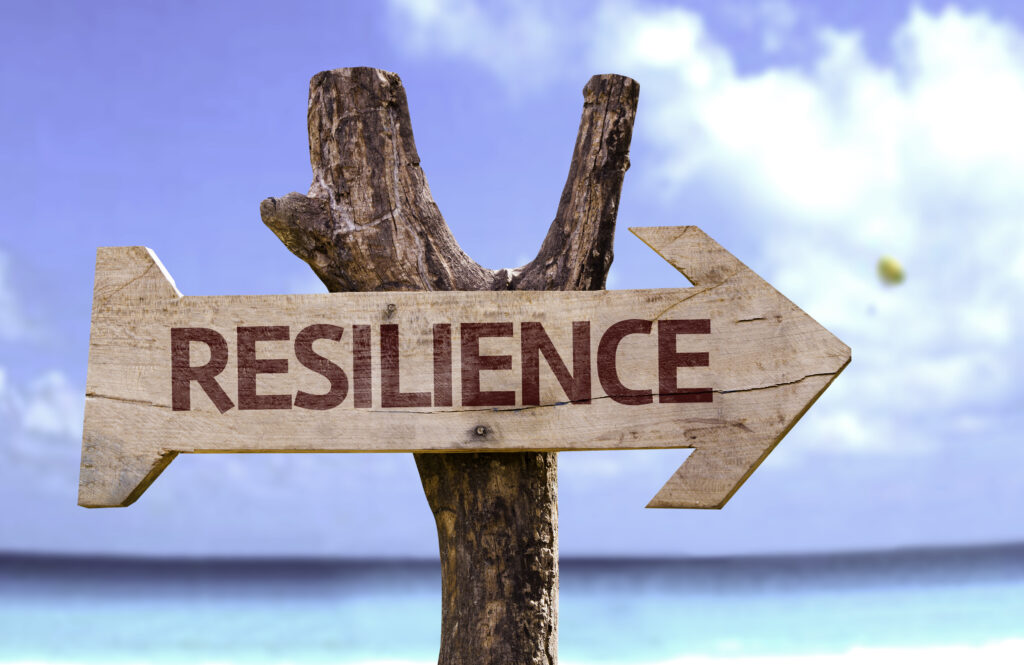Introduction
In the realm of leadership, resilience is not just a skill – it’s a survival trait. It’s the inherent ability to weather the storms of uncertainty, adapt to changing scenarios, and bounce back stronger from adversity. This dynamic attribute fuels leaders to keep pushing forward and inspire their teams, even when circumstances seem overwhelming. Let’s delve into understanding resilience, its importance in leadership, and how one can cultivate and sustain it.
Defining Resilience in Leadership
Resilience is a capacity for stress-related growth; it’s about adapting well, and quickly, in the face of adversity, trauma, tragedy, or significant sources of stress. For leaders, resilience takes on an even deeper meaning. It’s about enduring the tempest of the business landscape, rebounding from setbacks, learning from failures, and keeping the team motivated and productive.
A resilient leader doesn’t merely bounce back; they bounce forward, converting obstacles into stepping stones towards success. They harness the power of adversity for change, innovation, and personal and organizational growth.
The Role of Resilience in Leadership
The rapidly evolving and often volatile business environment demands leaders who are adaptable and resilient. These leaders need to demonstrate a robust ability to absorb shocks, maintain functionality during tumult, and effectively reorganize while keeping their core purpose intact.
Resilient leaders are the embodiment of tenacity, optimism, and conviction, even in the face of adversity. Their strength and resilience motivate their teams, fostering a resilient organizational culture that thrives on challenges rather than wilting under pressure.
Cultivating Resilience in Leadership
- Adopt a Growth Mindset: Carol Dweck’s concept of a growth mindset is a powerful tool for leaders. It encourages the belief that intelligence and skills can be developed. This mindset turns setbacks into opportunities, and failures into lessons, fostering resilience.
- Embrace Emotional Intelligence: High emotional intelligence is a common trait among resilient leaders. They understand their emotions and can manage them effectively, empathize with others, and use this knowledge to guide their decision-making. This emotional intelligence helps them navigate stressful situations, make thoughtful decisions, and maintain composure, all of which are crucial to building resilience.
- Build Strong Relationships: Resilient leaders understand the importance of solid relationships. A robust network of supportive relationships both within and outside the organization can offer valuable perspectives, advice, and support during challenging times.
- Prioritize Physical and Mental Health: Physical fitness and mental well-being significantly contribute to resilience. Regular exercise, a balanced diet, adequate sleep, and mindfulness practices such as meditation can enhance a leader’s capacity to handle stress and rebound from adversity.
- Cultivate Optimism: Resilient leaders are fundamentally optimistic. By focusing on the positive and maintaining an optimistic outlook, leaders can better manage stress and adversity. It’s not about denying the negative but seeing them as temporary hurdles rather than insurmountable problems.
Sustaining Resilience in Leadership
Developing resilience is the first step; maintaining it is another journey altogether. Leaders should regularly reassess their coping strategies, seek feedback, invest time in self-reflection, and continuously prioritize physical and mental health. Adopting a learning mindset towards challenges and setbacks is paramount.
Embracing Change and Uncertainty
In a world characterized by constant change, resilient leaders must embrace uncertainty. They should be open to new ideas and flexible in their approach, enabling them to navigate uncertain waters and respond effectively to change. This adaptability, coupled with an unyielding resolve, empowers leaders to turn disruption into opportunity.
Conclusion
Resilience is the backbone of effective leadership in the modern world. It’s not merely about surviving tough times; it’s about leveraging them for growth, innovation, and success. By understanding, developing, and nurturing resilience, leaders can foster a culture of resilience within their teams and organizations, paving the way for sustained success amidst any adversity. As the adage goes, “Resilience is not about weathering the storm; it’s about learning to dance in the rain.”
In the end, resilience in leadership is not just a trait—it’s a continuous journey of growth, learning, and adaptation. It’s about developing the capacity to recover quickly, becoming stronger and more effective, and leading by example to inspire and empower others. Resilience is indeed a leadership superpower that can transform challenges into opportunities and pave the way for sustainable success.
For more great information on leadership, please check out my book, The Indispensable Leader, on Amazon.

